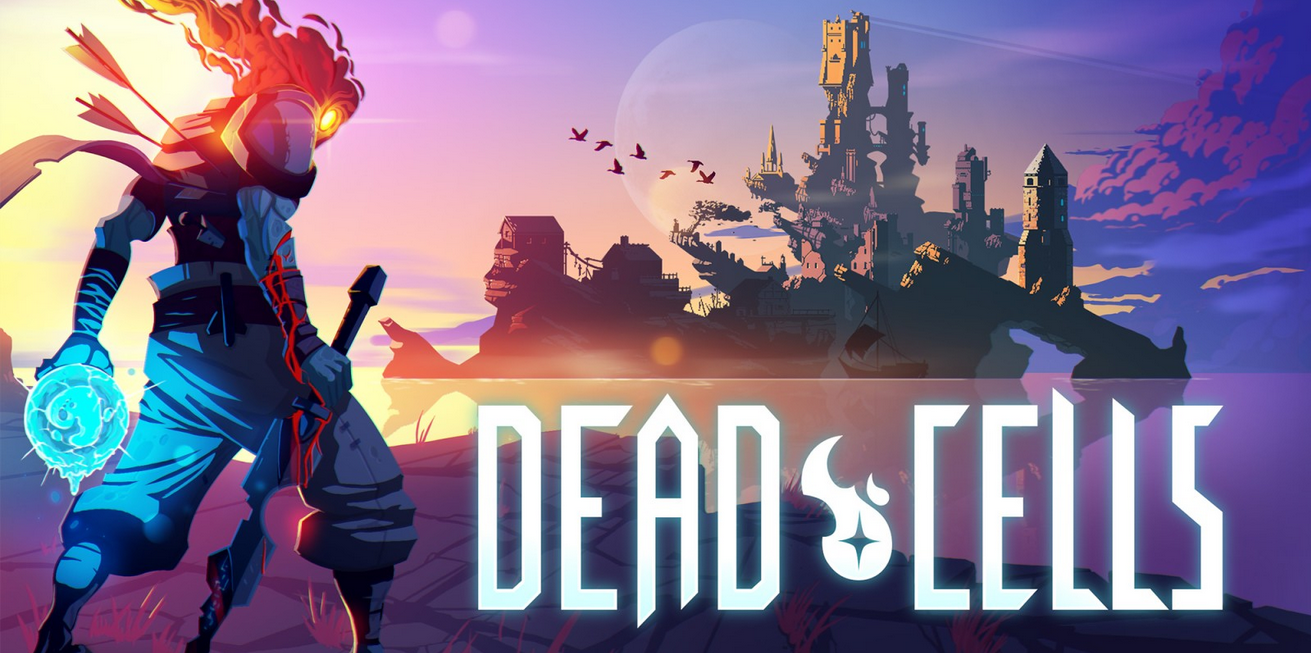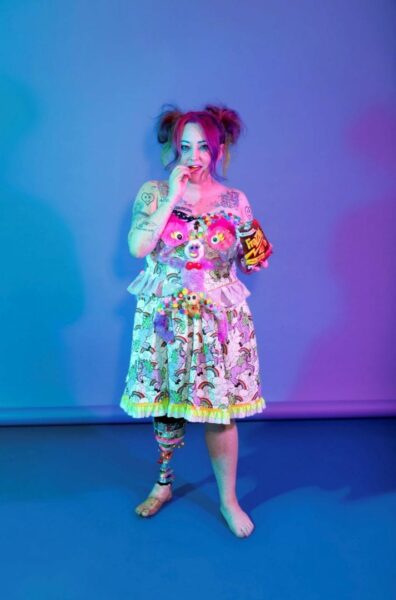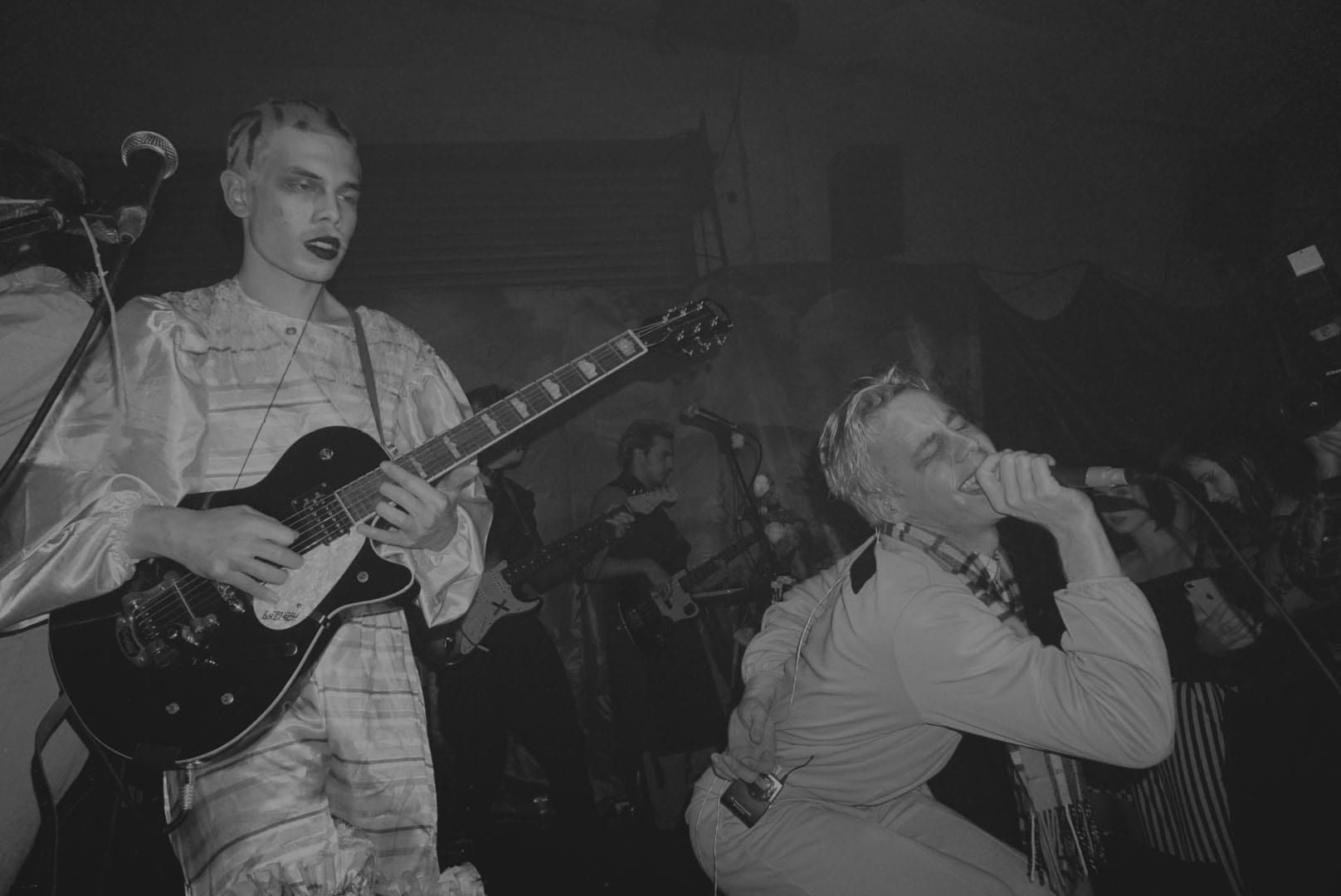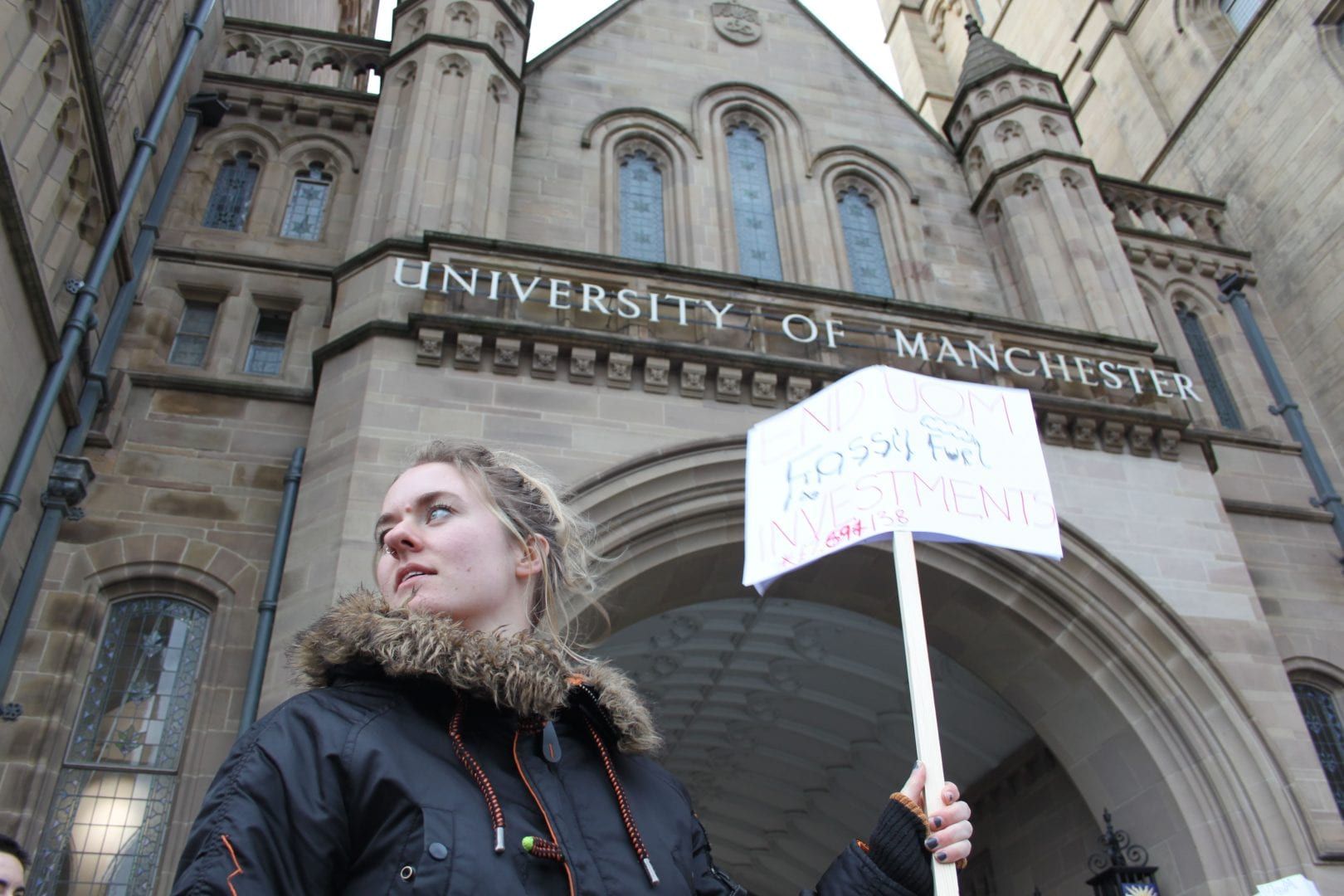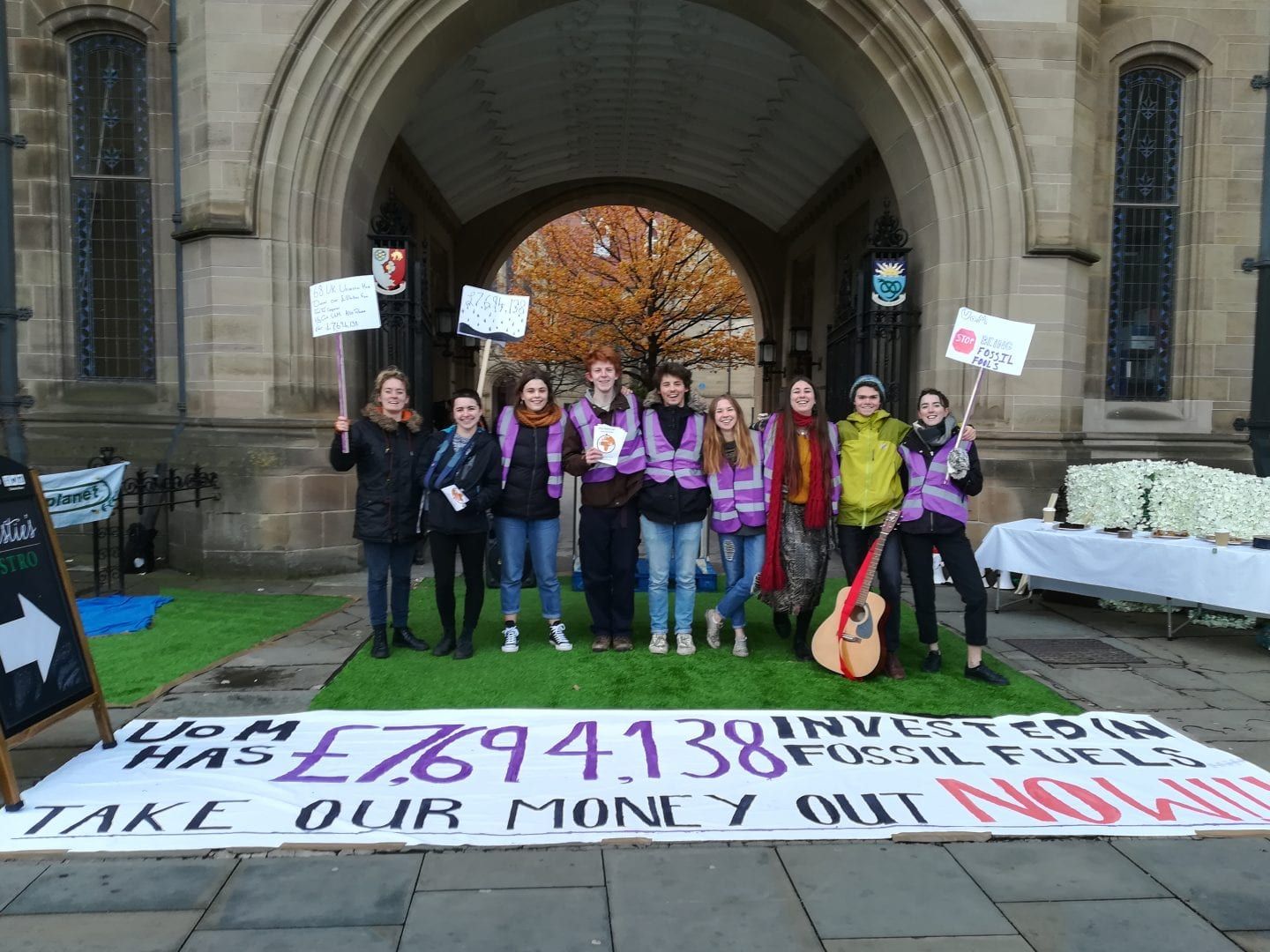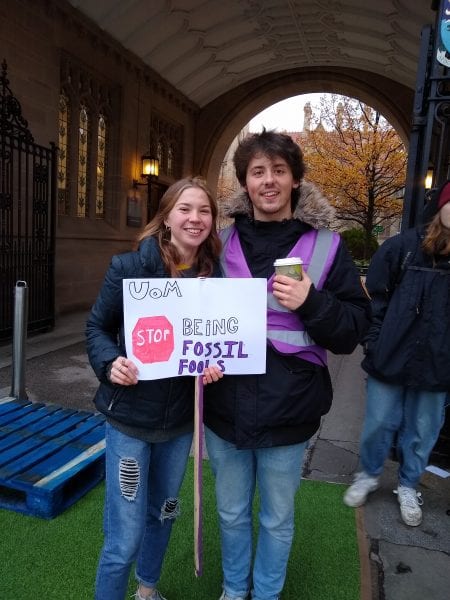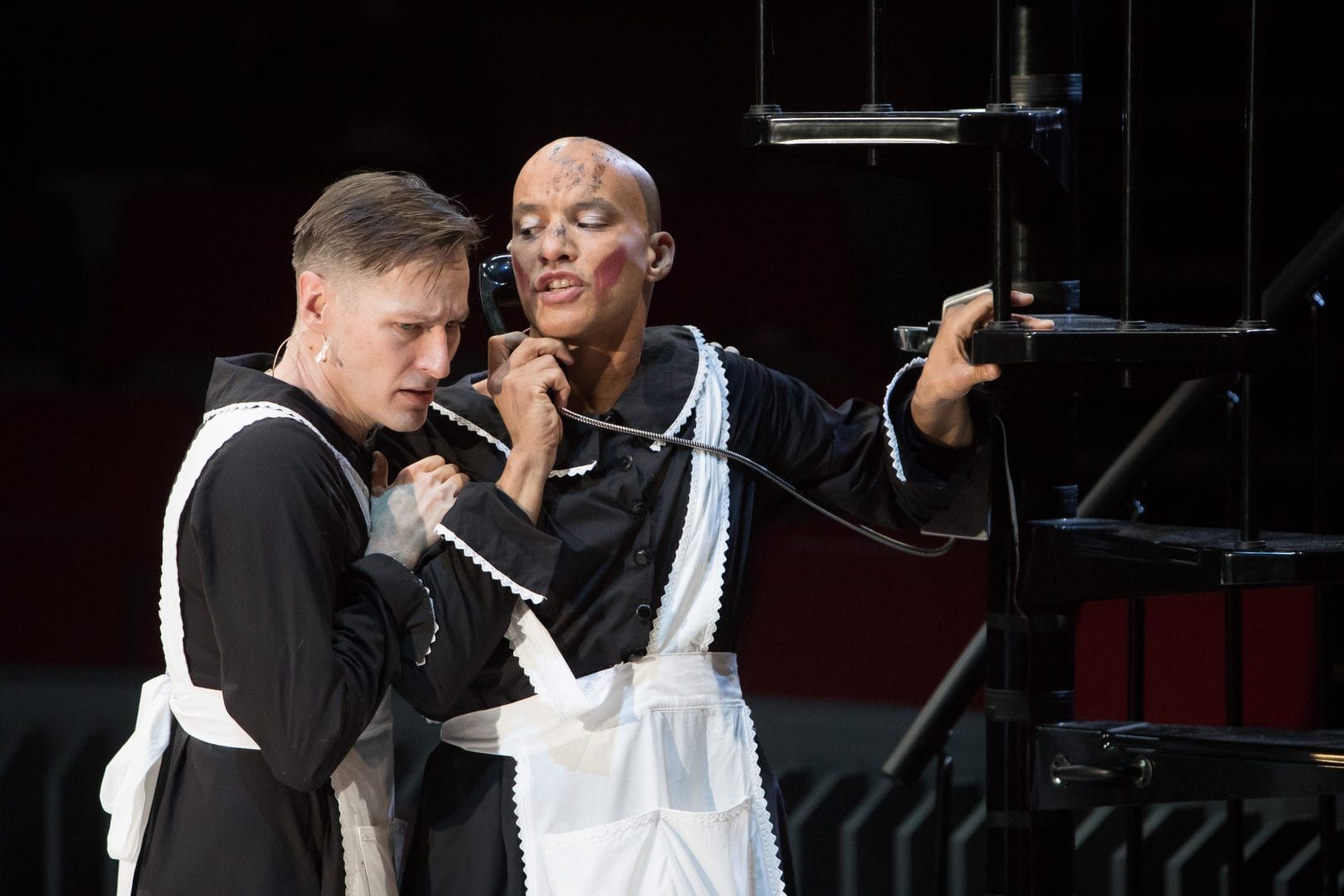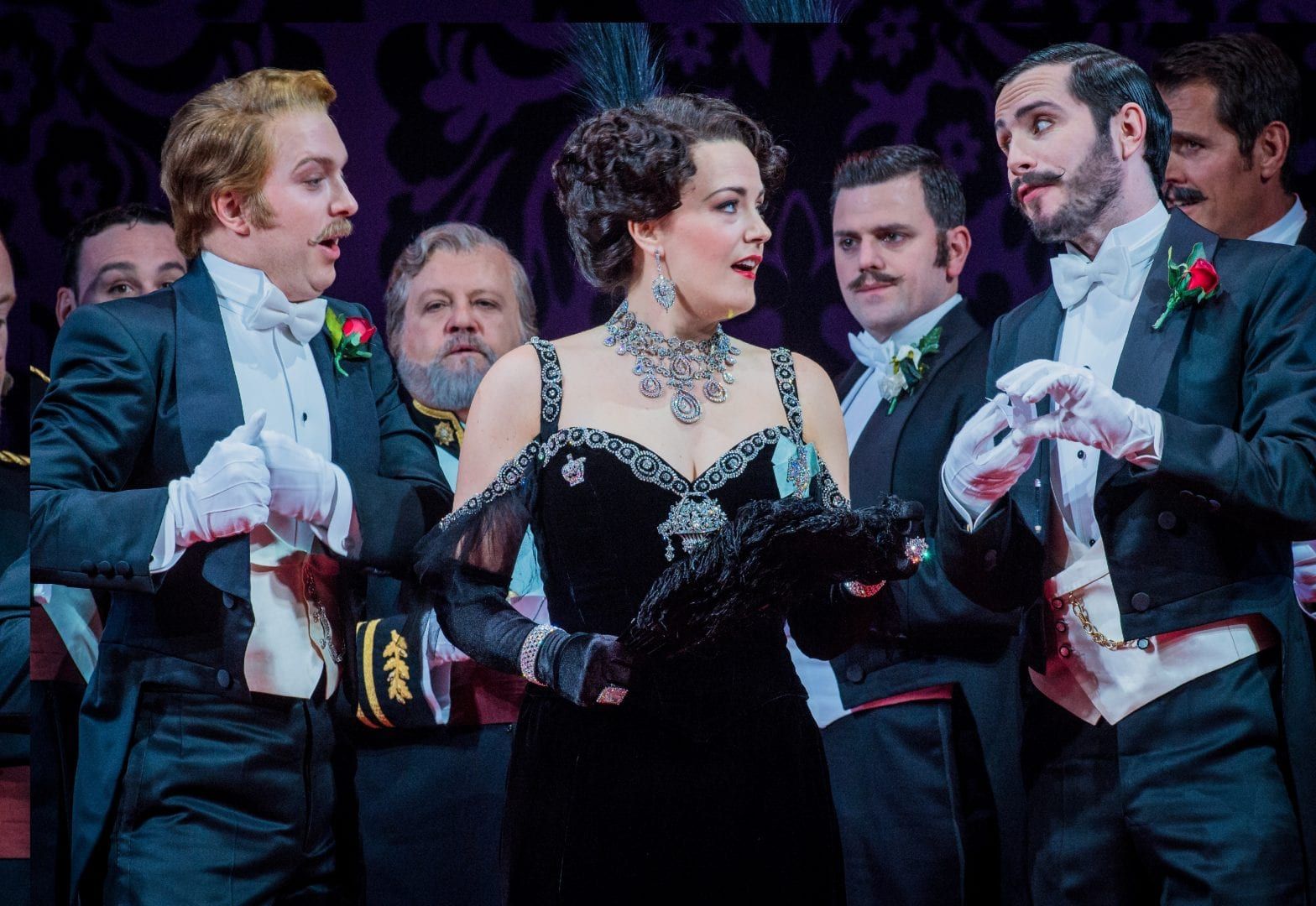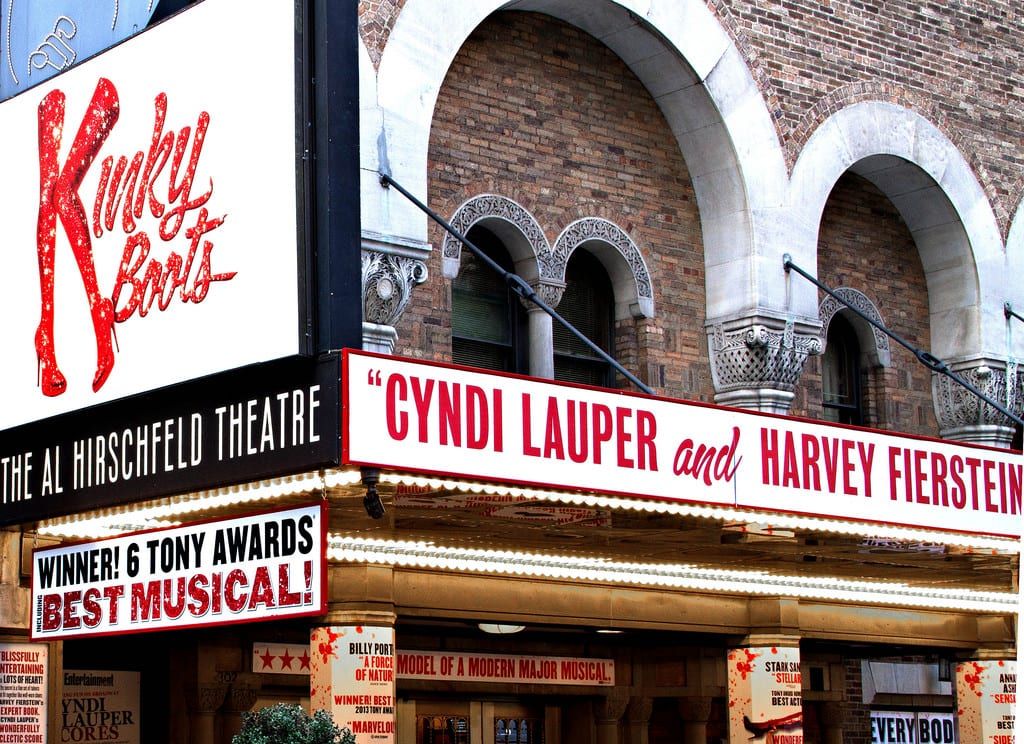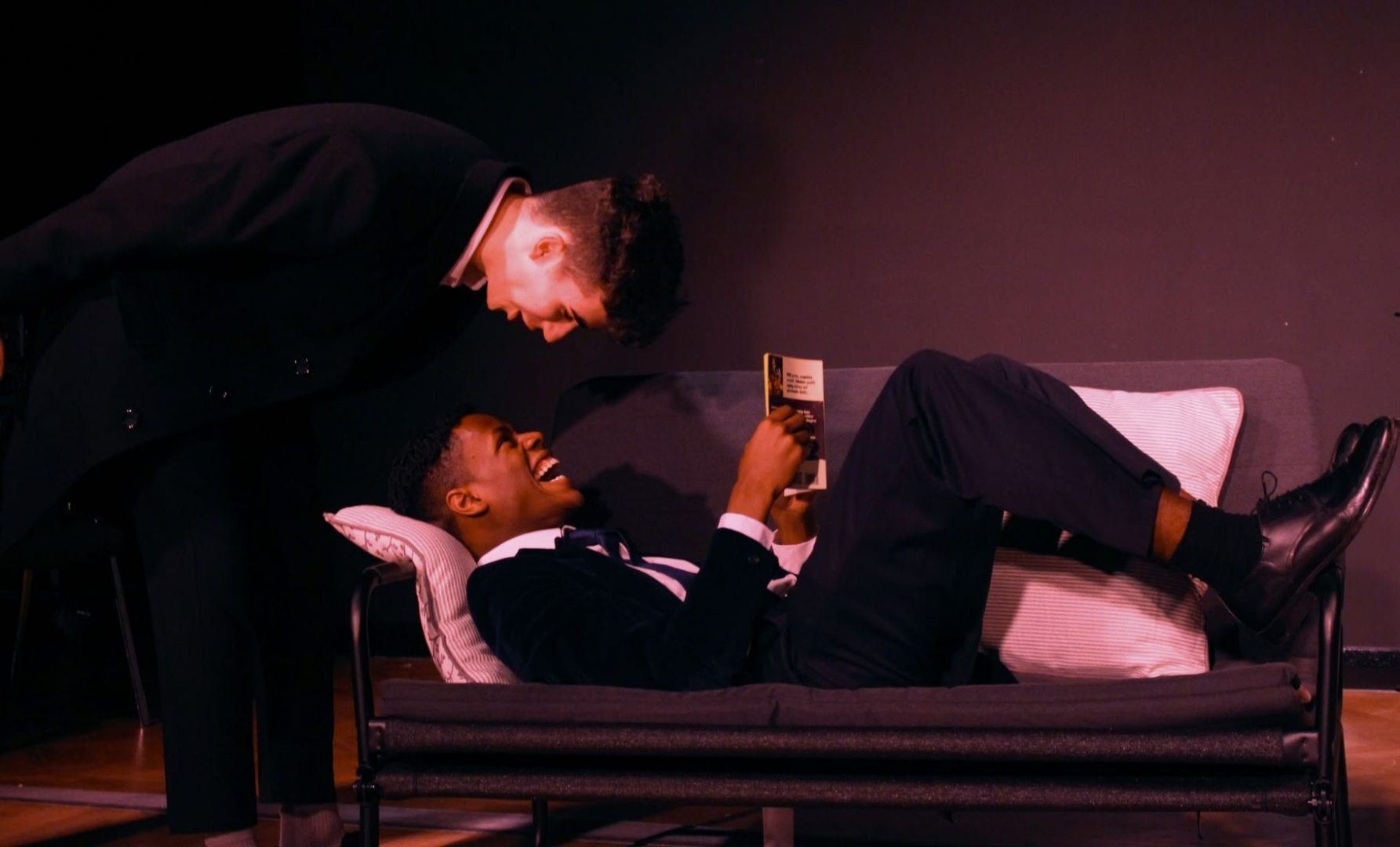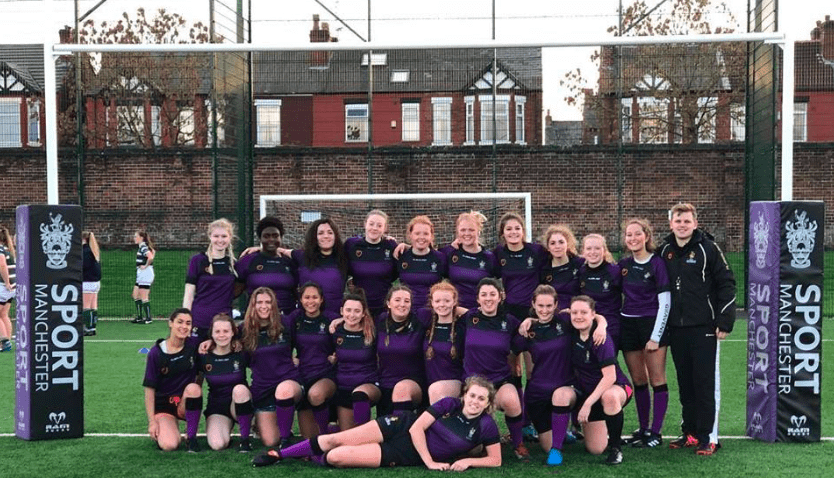An interview with Hattie Andrews: founder of the Politics Project
Founded in Manchester in 2015, the Politics Project plays a central role in empowering young people within politics — not only in Greater Manchester but all across the UK. Connecting a wide range of schools with their MPs, the Politics Project offers a free democratic education for young students. This unique opportunity provides young people with an inspiring and motivating environment where they can establish their political voice. I spoke with the project’s Director, University of Manchester graduate, Hattie Andrews, discussing her motivations behind founding the project, the role of digital technology in youth empowerment, and what the future holds for the Politics Project.
With the impact of the Politics Project being felt UK-wide, I was surprised to learn it is run by a small team currently based in London, with Hattie and her colleague Josh Dell, the Project’s community advocacy lead, playing a crucial role in its ever-growing political momentum. The pair’s dedication to the cause is commendable, travelling across the country to assist schools and their teachers to provide a worthwhile political education to young students. The Project also runs training sessions for teachers throughout the year, educating them on the dynamics of digital surgeries in preparation for holding one at their school. I asked Hattie what her motivations were behind founding the Politics Project, she asserted: “I think I felt really strongly that young people didn’t have the chance to learn about the basics of how politics works. I was also aware of a big gap – the young people that were engaged often had engaged parents and that is how they learnt about politics. I wanted to level the playing field.”
The Politics Project is certainly making waves in the political world, having recently delivered a series of digital surgeries at WIRED Next Generation Festival in London’s the Tate Modern. The Project ran sessions with Councillor Timothy Burns as well as Darren Jones MP, tackling issues with local students including lowering the voting age and the influence of technology on daily politics. Digital surgeries typically involve a school’s MP appearing on video link with a school class where a session of questions and answers takes place. The opportunities provided by these surgeries are undoubtedly significant, signalling a shift towards a contemporary method of political activity which is able to emulate the fast-paced nature of British politics. When discussing the successes of digital technology in promoting youth engagement, I asked Hattie what sets digital surgeries apart from other methods: “Digital surgeries are about a side of politics that is often overlooked – the part that recognises politics as about relationships, emotions and feelings,” she explains, “if young people don’t trust politicians then they won’t become engaged in politics.”
In addition to the Project’s successes in London, the Politics Project has not forgotten its roots, playing a distinguished role in the political community of Greater Manchester, with Hattie admitting “there can often be a rural-urban divide in political opportunities, so we try to make sure we work outside of big cities as much as possible.” At the beginning of November, the Project ran a digital surgery with Lancashire born and bred Mayor Andy Burnham, connecting him with students in both Bolton and Trafford. From the comfort of his own office, Mr Burnham, via video link, discussed issues of transport, policy priorities, as well as his personal hobbies with local students. “The format is strangely intimate,” Hattie tells me, “politicians loosen up and are really open – this has challenged a lot of our existing narratives concerning face-to-face engagements.”
With MP’s calendars becoming progressively overloaded, the efficiency and lucrative nature of digital surgeries is a vital way of ensuring the youth of today are heard by their representatives. When considering the challenges facing youth empowerment in politics today, Hattie claimed “one of the biggest challenges is where politics sits (or doesn’t sit) in the education system,” the difficulty is in ensuring young people receive the opportunity to “understand the basics,” thus thanks to the Project’s surgeries this door has been opened.
Having recently attended a digital surgery alongside Hattie at a school in Bolton, it was refreshing and reassuring to see how involved the students were. The narrative dominating youth engagement is that they are apathetic, yet Hattie disagrees with this: “being apathetic suggests you have decided not to engage, from my experience a lot of young people didn’t even know politics was happening.” As a Politics student myself, I found it heartening to see these young students overcome their initial nervousness to voice their concerns and expectations to their MP. The relaxed classroom environment facilitated by the digital surgeries allowed for an enlightening insight for students into the politics of the day.
Despite the significant steps being made by the Politics Project, Hattie stresses there is still further to go, leaving the question of what’s next for the Politics Project? “We plan to start thematic digital surgeries looking at specific issues like Peterloo and climate change, alongside starting to think about how we can use the process to co-design policy and build relationships. There are also (very tiny) whispers of doing surgeries with politicians across the pond.” With the project already bearing much notability in the realm of youth political engagement, it appears the pursuits of the Politics Project will certainly continue to thrive in the future with exciting opportunities in the pipeline.
You can find more information about the politics project via their website and follow them on Facebook and Twitter.





